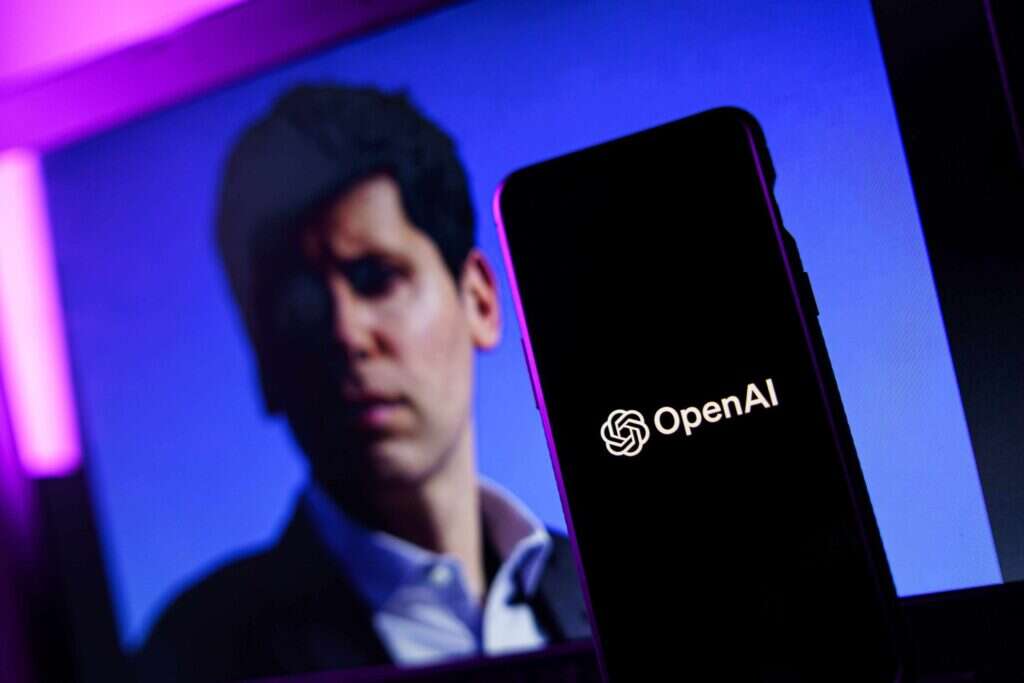
OpenAI announced on Friday it has reinstated CEO Sam Altman to its board of directors, bringing the firm’s three-month governance drama to a close. Altman made his official comeback to the board table alongside three new members – all women – after criticisms over OpenAI’s lack of diversity.

The move comes after an investigation led by law firm WilmerHale concluded that last November’s OpenAI saga was a “consequence of a breakdown in the relationship and loss of trust” between Altman and the board, rather than a feud about “concerns regarding product safety or security, the pace of development, OpenAI’s finances, or its statements to investors, customers, or business partners.”
The law firm therefore recommended Altman’s reinstatement to the board’s special committee.
But OpenAI’s efforts to go back to its pre-drama stability seem to extend beyond Altman’s return. After the wave of departures from the board sparked by the saga, the leadership of OpenAI was formed of three white men and received criticism for its lack of diversity.
These were addressed by Friday’s decision to add three women to the board, namely Sue Desmond-Hellmann (the former CEO of the Bill and Melinda Gates Foundation), Fidji Simo (the CEO of Instacart) and Nicole Seligman (the former EVP and General Counsel at Sony Corporation).
What happened between Sam Altman and OpenAI?
In November 2023, Altman was sacked and then re-hired (as CEO but not as a part of the board) over what had been described at the time as “not consistently candid” communications – a saga that revealed the weakness of the company’s governance model.
OpenAI was originally founded as a non-profit research organisation originally intended “for the benefit of humanity”. However, it eventually shifted to a profit-driven model focused on commercialisation, owned and controlled by its own non-profit arm, which in turn, focuses on research.
The shift in priorities and governance model, from research and safety to profit and growth, is at the core of OpenAI’s crises.
In addition to the November turmoil, Elon Musk filed a lawsuit against Altman and OpenAI two weeks ago for failing to promote “the safety of humanity over profit”. Altman has also been accused of having a “history of manipulative behaviour” by a co-founder and chief scientist of OpenAI in a New York Times investigation earlier this week.
Still, both Altman and OpenAI seem more positive about the future now that they have addressed their own crises. “I’m pleased this whole thing is over,” the CEO said in a call with reporters on Friday.
WilmerHale’s investigation reportedly included dozens of interviews with relevant OpenAI executives and reviews of “more than 30,000 documents”, OpenAI said, allowing the board to conclude “that Sam and Greg are the right leaders for OpenAI,” chair of the board Bret Taylor added.
The San Francisco-based AI giant also announced changes to its governance structure. Those include new corporate governance guidelines, a strengthened conflict of interest policy and the creation of a committee “focused on implementation and advancement of the core mission of OpenAI”.






